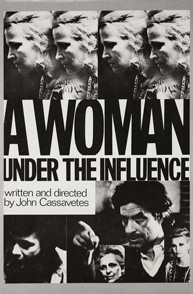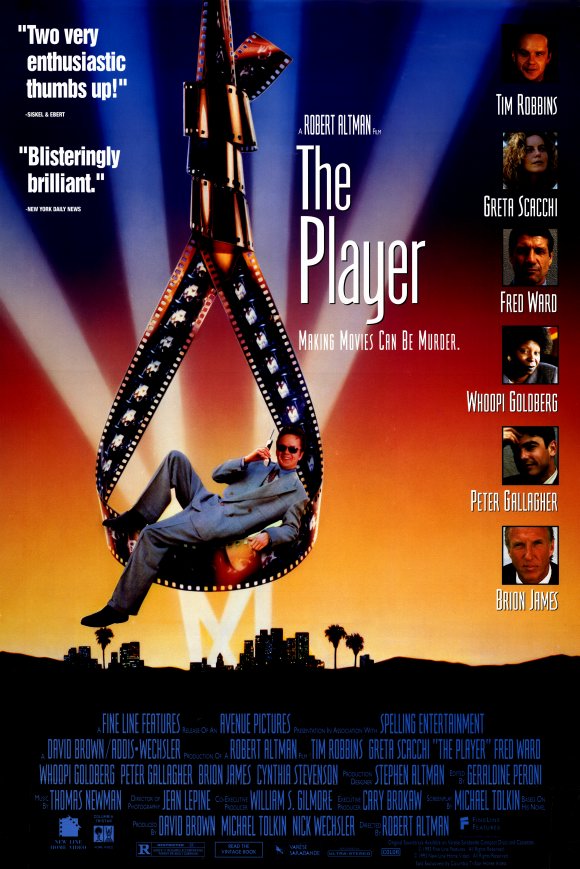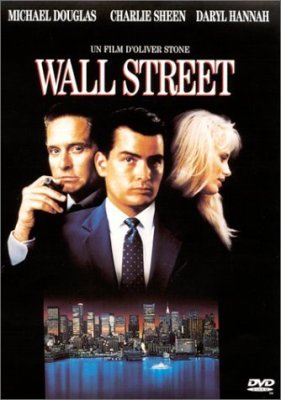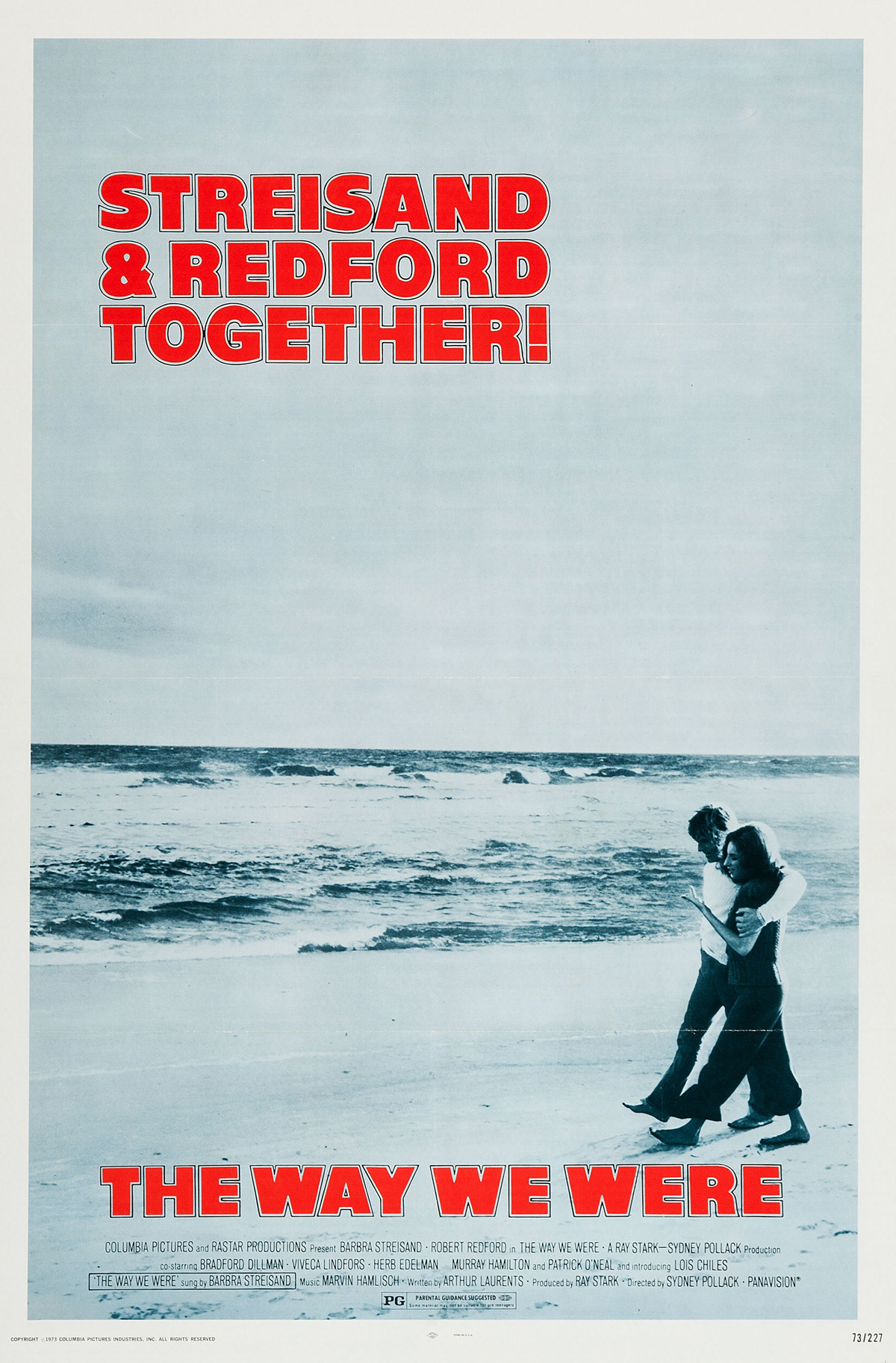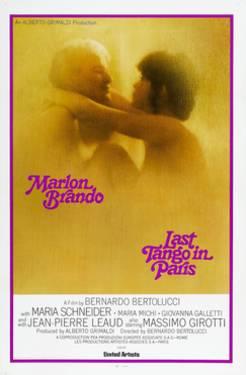Why standard movie reviews are so wrong ... and why widescreenings.com is here
The traditional movie review is a failure.
It is usually published in newspapers or online just before a movie opens in theaters. If the purpose of the review is to inform readers whether they should or should not see the movie, then the review includes far too much information, and its writers are spending hours on material that should realistically take 15 minutes. If the purpose of the review is to share observations with those who have already seen it, then it does not include nearly enough information, nor should it be published before the readers have seen the movie.
Set those thoughts aside for a moment.
There is a permanent, beautiful debate as to whether movies constitute “art” or “entertainment.” The best answer this site can give is that moviemaking is the intersection of art and pop culture.
Here’s another good debate: Should a movie be more, or less, satisfying at a second viewing? Roger Ebert wrote about watching a favorite film “perhaps 30 times” and spent the last 15-20 years of his career and life on an exceptional “Great Movies” series in which he would re-watch an old favorite and offer a contemporary review. But Pauline Kael in 1982 rather clumsily said, “Some critics like to see a movie several times. I find, uh, partly because I write at great length and the writing itself takes time, uh, I, I see it once, and also because I don’t really want to see it again before the writing, because I think I take it in most completely, and with most complete sensuous response the first time ... I get all that the first time. And I can, I can remember the details.”
More bluntly, “Very few movies yield up more on a second viewing,” Kael asserted. “I find it for me at least a waste of time.”
How does a person choose a movie to see? The process is probably far more manipulative than cinephiles would prefer to admit. There are hundreds of movies every year, and hundreds from every previous year. To reach the masses, a movie generally needs some combination of clout, money and buzz. The general public sees previews, ads, rating, run time, genre, the Rotten Tomatoes score. Then there’s word of mouth. But two-thirds of Americans go to movie theaters less than once a month. Critics are supposed to be inclusive, but even the most productive critics can’t see everything. Prior to writing reviews, they will likely prefer to screen the movies that are expected to be seen by the most people, or are created by the most vaunted directors or actors. Or, the wild card: the ones with any kind of “buzz.” At festivals, they might make screening decisions based on nothing more than run time. If a person watches “A Few Good Men” and is entertained, is the process nevertheless a defeat because the person didn’t instead spend those two hours on “Sunset Blvd.?”
And how many films should a person watch to maximize appreciation of movies? Cinephiles often like to rattle off their range of knowledge. Watching five movies a week can quickly elevate one’s appreciation of differing eras, themes, styles and cultures. It can also dilute or impair the fuller appreciation of any given film — like instead of spending a day viewing one famous painting, viewing 100.
The material at widescreenings.com is not rushed to meet weekly deadlines. Nor are we trying to cover everything. Not even close. This site is here for a much better reason: If you ever stared at the screen in silence, jaw dropped, as the credits began to roll in “The Godfather: Part II” or “Apocalypse Now,” or watched “McCabe & Mrs. Miller” and didn’t get it and then watched it years later and really got it, or ever turned to The Sunday Night Movie and heard the return from commercial midway through the film announcing its supporting stars ... “We now return to ‘The Towering Inferno,’ starring William Holden and Jennifer Jones” ... and suddenly knew there was no way you were changing the channel, you’ve found the right place.
There are hundreds of spectacular movies you should see. Problem is, you don’t know which ones they are until you’ve seen them.
And maybe you’ll have to see them more than once.
And you’ll never have enough time to adequately see every movie that should be seen, as often as it should be seen.
That’s sort of why we’re here.
Are you being informed or being entertained? The beauty of it is, you get to make that call.
This is an independent site dedicated to original, honest, extensive reviews of some of history’s most legendary films, and a few that will never reach “legend” status. We believe the films should be seen before these reviews are read. We’ll add films as often as we can. Ratings are based on a four-star system. This site is completely independent. No Webmasters are involved. It has been built by the writer from scratch, with special thanks to an uncle for steering him down this path. We celebrate the power and magic of film, not big budgets.
Thanks for checking out the site. Please come back again soon.
